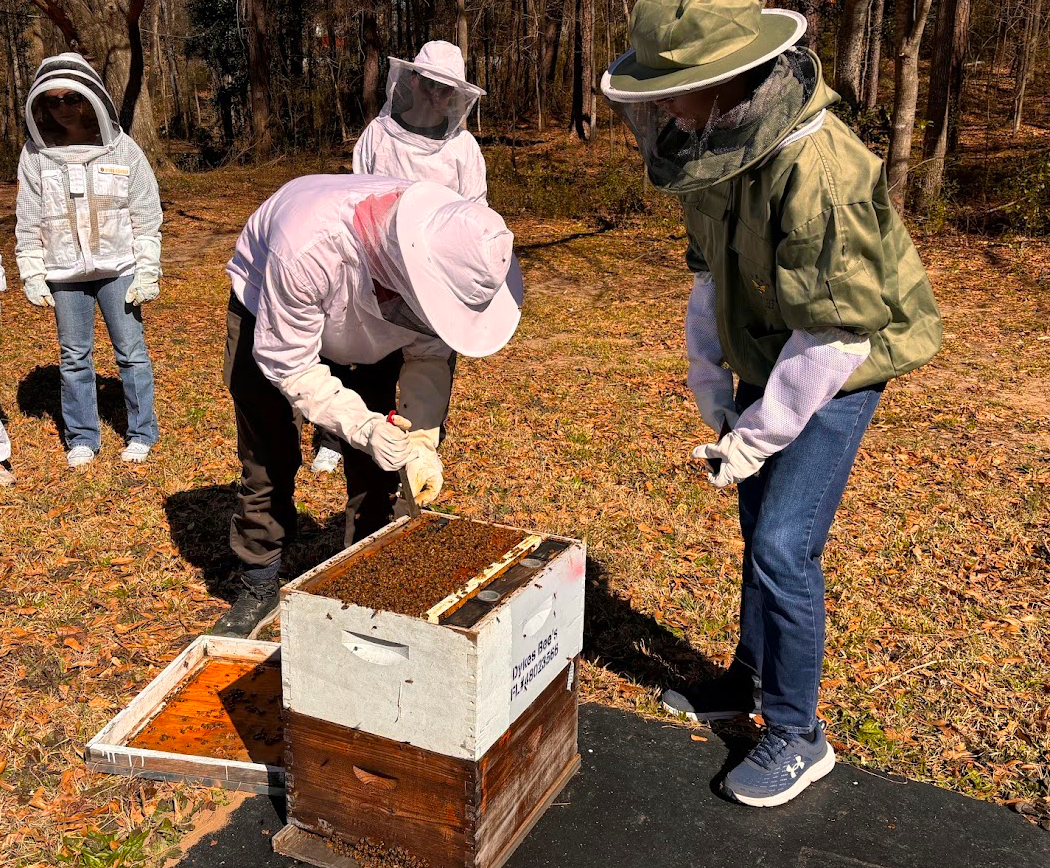With the summer providing an opportunity to pick up new hobbies, people might look for productive outlets such as reading. Crimson White editors recommended books for students trying to either take up or get back into reading, choosing for accessibility and timeless appeal.
“Tomorrow, and Tomorrow, and Tomorrow” by Gabrielle Zevin — selected by Emma Brandenburg, Engagement Editor
“Tomorrow and Tomorrow and Tomorrow” is a novel about two childhood friends who reconnect at Harvard and bond over their shared love of video games. The story follows their relationship as they navigate the pressures of adulthood and their careers in the video game industry. Themes of friendship, love and loss along with occupational stresses are present throughout the novel. Engaging and deeply meaningful, this novel is a must for anyone pursuing a path in an industry they love deeply.
“We Are Not Like Them” by Christine Pride and Jo Piazza — selected by Maven Navarro, Editor-in-Chief
“We Are Not Like Them” is the story of two childhood friends, Jen and Riley. As they grow up and take different paths in life, they remain close friends. Riley achieves her lifelong dream of becoming a television journalist, one of the first Black women in her hometown of Philadelphia to do so. Meanwhile, Jen is married young and becomes pregnant.
However, their lives are thrown into turmoil when Jen’s husband, a police officer, is involved in the shooting of an unarmed Black teenager, and Riley is assigned to cover the story. “We Are Not Like Them” covers complex topics of race, love and the conflict between friendships and moral obligations.
“The Sun Also Rises” by Ernest Hemmingway — selected by John Weinstein, Assistant Culture Editor
This story follows a group of American and British expatriate friends in Paris and their romances and friendships with each other in the period just after world war one. Jake Barnes is an American veteran and journalist living in Paris who fills his days with partying and debauchery in an attempt to forget the horrors of the war. Jake and his friends take a trip to Spain to attend a festival and see a bullfight. Over the course of the trip, friendships fall apart over love, resentment and loss. This defining novel of the Lost Generation is famed for its clear and readable style as well as its engagement with the western zeitgeist.
“Atonement” by Ewan McEwan — selected by Luke McClinton, Chief Copy Editor
Atonement is the story of a household in Britain shortly before World War II. Briony, a young girl in a comfortable and well-to-do family, witnesses her older sister Cecilia flirting with the housekeeper’s son Robbie. Briony — who is young, naive and overly imaginative — accuses Robbie of rape. The novel covers the far-reaching fallout of the accusation and its effects on the family’s lives. Grappling with ideas of class prejudice, truth and regret, the novel’s smooth prose and inventive use of chronology make it a worthy read.
“The Great Gatsby” by F. Scott Fitzgerald — selected by Abby Cope, Opinion Editor
Taking place in New York at the height of the Roaring ‘20s the story of “The Great Gatsby” is narrated by Nick Carraway, a young man from the upper class who has moved to New York from the Midwest to work in finance. The novel centers on Nick’s friend and neighbor Jay Gatsby, a mysterious and outrageously rich party animal. As the novel continues, Gatsby is revealed to be more than meets the eye and to be carrying a lifelong torch for Nick’s married cousin Daisy, a beautiful young woman from the height of old money. The novel is about love, yearning ambition, and the pursuit of the elusive or even illusory American Dream.









